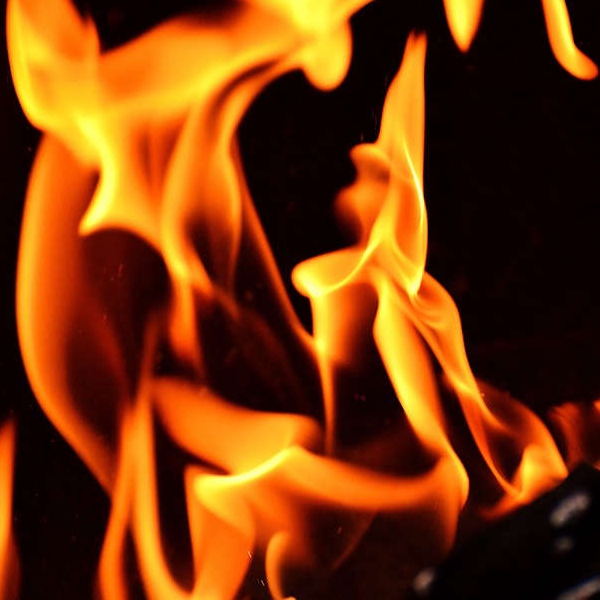
That's according to the latest research by the ESRI.
Single parents are at greatest risk of fuel poverty.
The latest research by the ESRI says having "low education levels, low income levels, and having darkness or dampness in the dwelling increases the probability of being fuel poor."
Among income-poor households, fuel-poor households have the lowest income levels, have issues with dampness, and are less
llkely to have double glazing in their dwellings compared to other income-poor households.
The estimates show that a 1% increase in fuel prices for residential heating due to carbon taxation will raise the proportion of people experiencing fuel poverty from 11.5% to 12%.
The research also finds that while increases in lump-sum transfers are progressive (i.e., they benefit lower income households), increases in energy prices and in the amount of energy required to heat a dwelling have a relatively larger negative effect on lower-income households.
The results show that losses in real income as a result of increases in carbon taxes on fuel are key to understanding the link between fuel poverty and income poverty.
Miguel Tovar Reanos is a Research Officer at the ESRI.
He joined Clem Ryan on Wednesday's edition of Kildare Today.

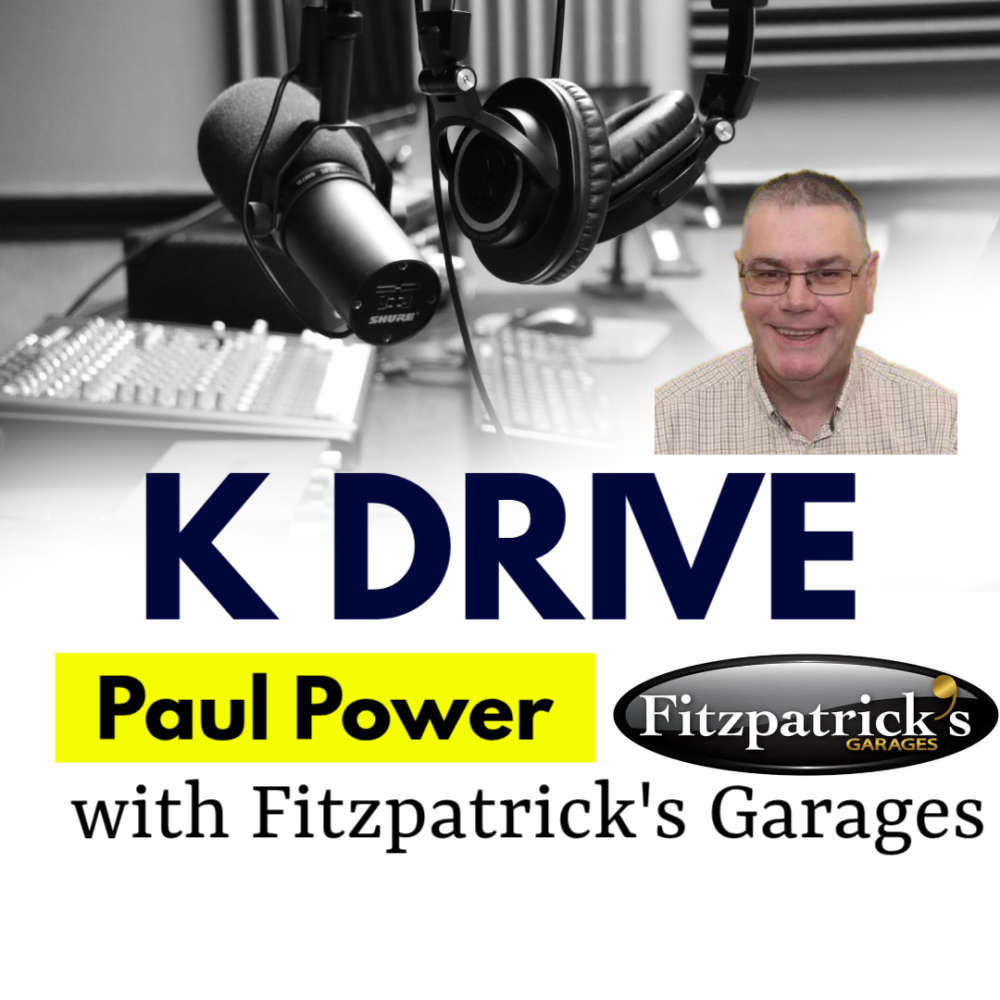

 Curragh Community School Closes School Due To Water Supply Issue
Curragh Community School Closes School Due To Water Supply Issue
 Gardaí Issue Scam Alert For WhatsApp Calls Looking To Gather Personal Information
Gardaí Issue Scam Alert For WhatsApp Calls Looking To Gather Personal Information
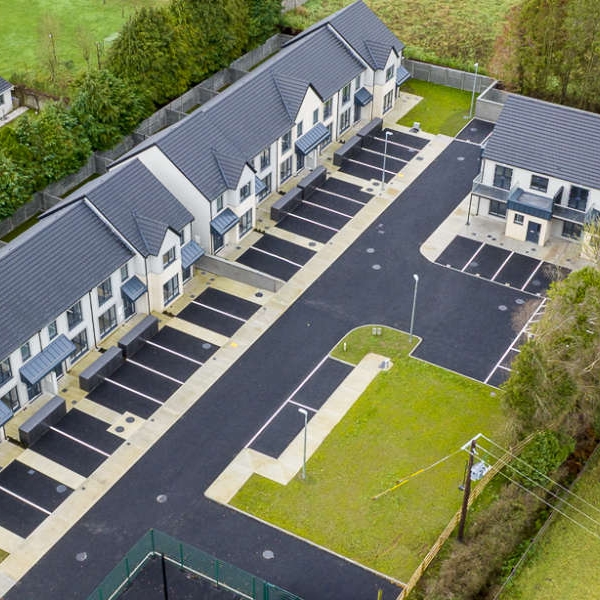 15 New Social Homes Open in Kilcullen
15 New Social Homes Open in Kilcullen
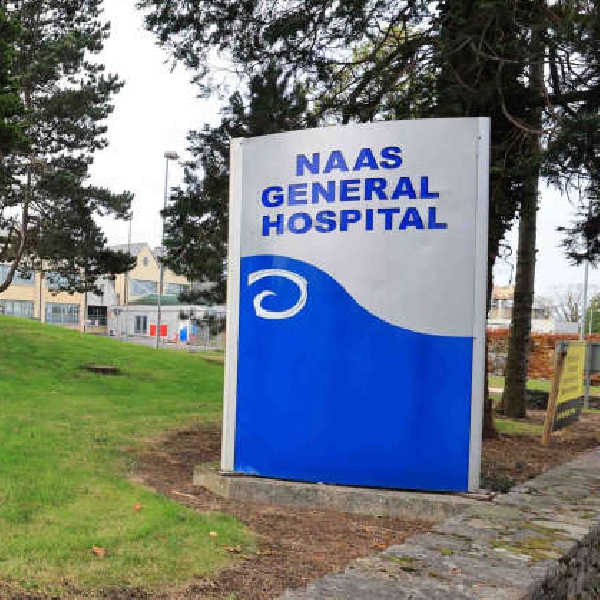 Nurses At Naas General Hospital To Take Industrial Action
Nurses At Naas General Hospital To Take Industrial Action
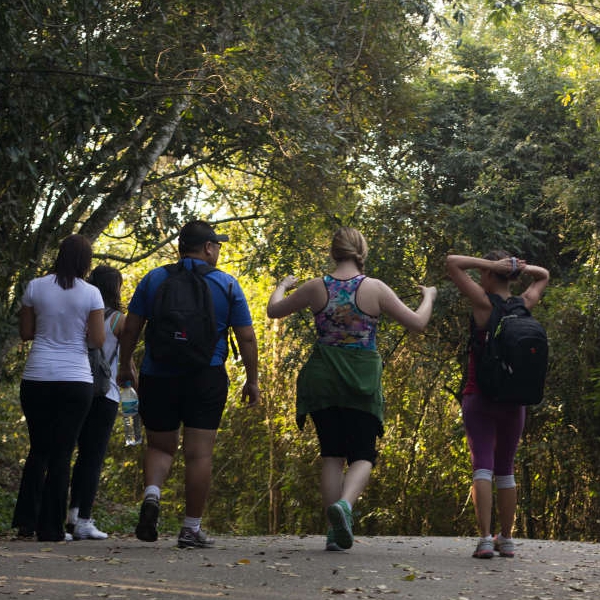 €16 Million Secured For Cycling And Walking Infrastructure In Kildare
€16 Million Secured For Cycling And Walking Infrastructure In Kildare
 Kildare Has Second Highest Breast Cancer Survival Rate In The Country
Kildare Has Second Highest Breast Cancer Survival Rate In The Country
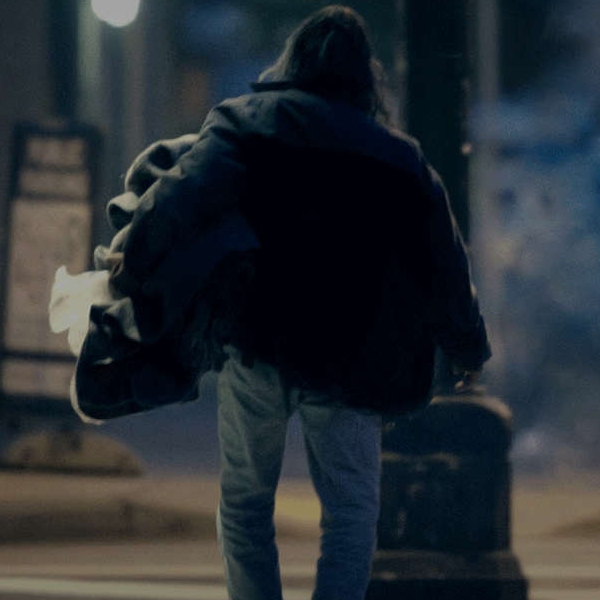 A Growing Crisis: More Pensioners Facing Homelessness
A Growing Crisis: More Pensioners Facing Homelessness
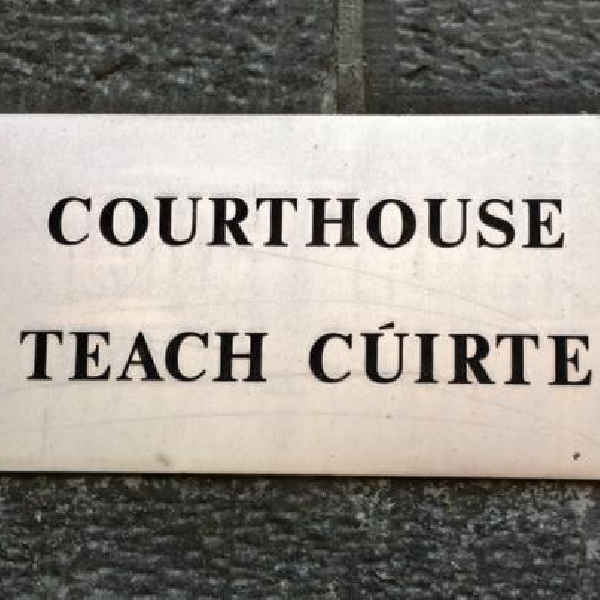 Vacuum-Packing Machine Lid Killed Worker As Kildare Town Firm Faces Court Over Second Fatality
Vacuum-Packing Machine Lid Killed Worker As Kildare Town Firm Faces Court Over Second Fatality

